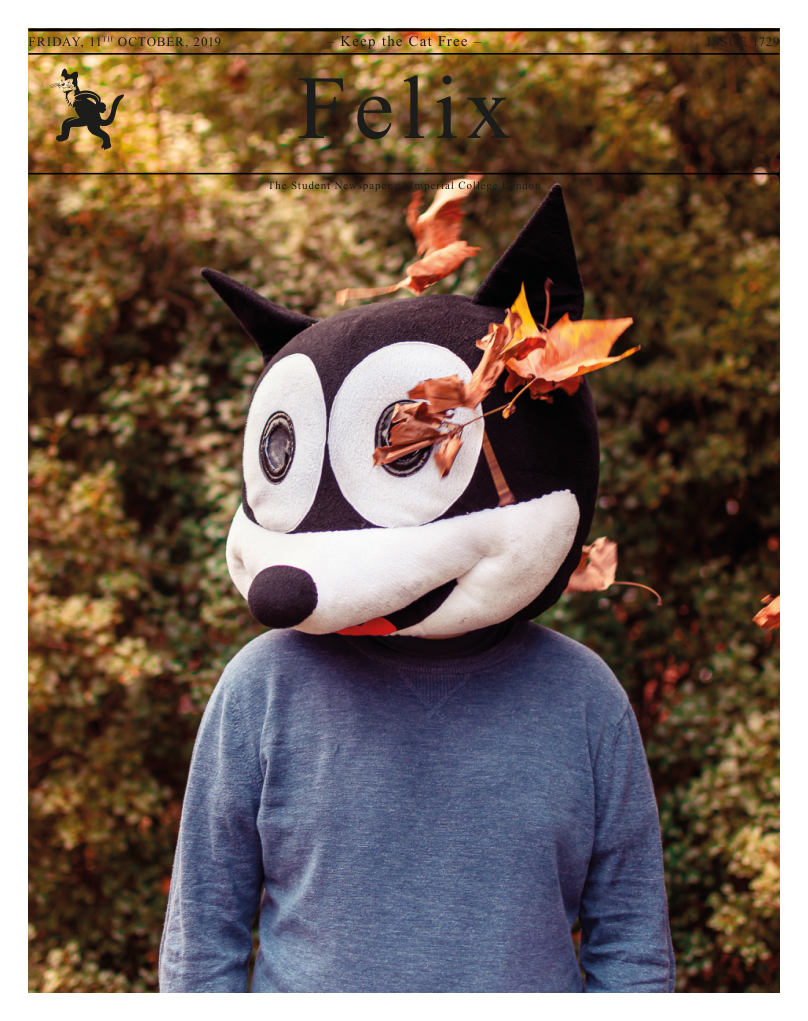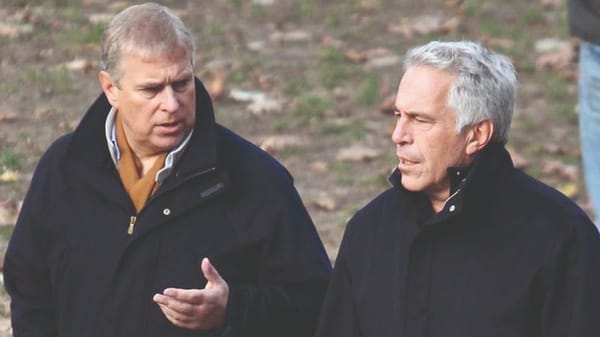First Meeting of Union Council: A Roundup
Felix is committed this year to demystifying the Union for students, shedding light on the processes and people behind decision-making - this week, we summarise the juicy bits of the first meeting of the Union Council
The first Union Council of the year took place on the 8th of October. The Council is the highest democratic decision-making body in the Union, at which the full-time Officer Trustees (OTs) and key student volunteers put policies into place, address ongoing issues by submitting and discussing papers, and receive updates from the OTs on their activities to hold them accountable.
Standing Orders
The first action of the year was to ratify a yearly revision of the Standing Orders (SOs) of the Council, which outline the rules and procedures that govern its running and that of its subcommittees (SCs). Although in discussion this often boiled down to minutiae of phrasing – such as establishing clarity on which members have a vote at different subcommittees – there were essential elements touched upon. For example, the SOs can now be amended like any other policy, rather than needing a special procedure - cutting down on bureaucracy when it comes to changing the fundamental operation of the Council and SCs. Similarly, the Council can now challenge the Chair’s interpretation of the SOs directly instead of having to appeal via the Union President. Additionally, the Chair now has the leeway to interpret when a “consensus” has been reached on a decision and bypass a vote in that case. And finally, where a policy falls fully within the remit of a particular SC, that SC can make decisions on that policy without having to go through the Council.
One topic of controversy was the disparity between the representation of Constituent Union (CU) members on different SCs. While the Education and Representation Board (ERB) has two, the Community and Welfare Board (CWB) only has one – leading CU representatives to question why. The response was unclear, with reasons ranging from attempting to minimise pressures on CU President time commitments to the CWB having more members in general and thus less room for additional representation. Suggestions to reduce the ERB representation to only one CU member was met with strong statements about the eradication of CUs’ ability to represent their students. Although the Council decided to ratify the SOs as they are, the issue will be revisited in the future.
Also notable is the splitting of the Clubs, Societies, and Projects Board (CSPB) into the Sports Hub and the Societies and Projects Board, which was voted on last year but is being implemented now. Further clarification on this will be delivered by the DPCS at the next Council.
Board of Trustees
Also ratified were the chosen students for the appointed Trustee positions on the Unions’ Board of Trustees, Jinpo Xiang and Milia Hasbani, and a proposal to add an additional external Trustee – as there were reportedly issues with external Trustee attendance to Board meetings last year.
Reports from Officers
Finally, there were reports from the Council Chair and the OTs. These are visible online. Points discussed surrounding the reports included queries about the lack of information on academic and wellbeing representative training (expanded upon in this week’s A Conversation With section by the DPE), the lateness of annual room bookings, the status of the Union’s takeover of food service in h-bar, the postgraduate and undergraduate Summer Balls, and high level of staff turnover at the Union.
Regarding the lateness of the annual room bookings, the DPCS clarified that for rooms in the college, the Union is dependent on responses from Building Managers at the college itself – which often leads to delays. Additionally, the high staff turnover in Student Activities has had an effect on all of their activities, with work typically done by unfilled roles distributed amongst the DPCS and other members of the team. The vacant roles will be filled as soon as possible.
The DPFS offered several clarifications about the lack of food service in h-bar, which was intended to begin prior to the start of term. The original consultation survey that went out was useful and informed decisions made by the Union in regards to the direction they wanted to take with food service. However, due to issues that “went unnoticed”, it emerged after those plans were made that there was not the correct equipment in the h-bar kitchen to enact that plan. There are now ongoing discussions with college about whose responsibility it is to refit the kitchen – as the space belongs to the college, but the Union wants to deliver service there. Currently there is no date set for when food service will begin. Suggestions about the introduction of a reduced menu were met with hesitance; the menu would have to be severely reduced, and there was a desire expressed to do things properly rather than rushing out a compromised service.
There were also questions raised about the Summer Ball. Last year, the Graduate Students’ Union ran a separate Ball for postgraduates, and were disappointed about the lack of Union support in organisation and funding. The plan is to now shift the postgraduate Ball to January or February so as not to clash with the Summer Ball. Requests for more personal support from the DPFS this year were turned down – as the DPFS role is taking on a lot more responsibility for the Summer Ball compared to last year, they likely cannot commit to helping with another large-scale event. However, there are plans to discuss general Union support further at the Sustainability and Services Board.
The last point raised was regarding the high level of staff turnover at the Union, which throughout Council was raised as a reason for struggling initiatives – specifically, what the Union’s response should be. The Union President said that the issue is being actively investigated, with pressure for a solution coming from the OTs, the Council, and also external Trustees who have also identified this as a core problem facing the Union.







